Frederica Freyberg:
Voters grow more unhappy and primary candidates aim to make their mark, according to the latest Marquette Law School Poll. Pollster Charles Franklin joins us over his latest results. Thanks for being here.
Charles Franklin:
Good to be here.
Frederica Freyberg:
Let’s take a look at the Democratic primary for U.S. Senate right out of the gates. Mandela Barnes has slipped since your last poll in February by about four points and Alex Lasry and Sarah Godlewski have gained a little. Barnes has name recognition as lieutenant governor but Lasry and Godlewski are all over the airwaves as you know with TV ads. Do you suspect as the money pours in this will be the trend?
Charles Franklin:
Well I think some tightening of the race is really notable here from a ten-point margin last time to just a three-point margin this time. So there’s really a shift there. It’s also noticeable as you point out that Lasry and Godlewski are the two that are on the air. Barnes and Nelson have not been advertising yet. I do think this is a good advertisement for the power of TV advertising.
Frederica Freyberg:
Your polling also shows nearly half of the respondents were undecided. When do people get serious about deciding?
Charles Franklin:
I think that is another part. There are so many voters still sitting out there to be picked up by anybody. We saw this in 2018 when we had a very big democratic gubernatorial field. Even as late as June, there were still a lot undecided. Our primary is not until August 9th. I wouldn’t be surprised to see that undecided number still stay high even in June.
Frederica Freyberg:
Now in the republican primary for governor, Rebecca Kleefisch holds her lead but your poll went into the field before Tim Michels announced his run. Is Michels going to benefit in your mind from name recognition from his last runs for office, or is the electorate’s memory short?
Charles Franklin:
I think the electorate’s memory is short and that prior race was long time ago in political time. He entered the race after we had finished our poll so he obviously wasn’t included. One good thing about that is first, we don’t see any shift appreciably in the republican gubernatorial from February till now. A change of two points for both top candidates. We do have one virtue that this shows where things stood before Michaels entered. In June, when we do the next survey, we’ll get to see the impact. That republican race also has nearly half undecided. So again, Michels is in a position to tell us whether he picks up those undecideds or the vote shifts among the candidates that were already in.
Frederica Freyberg:
That will be interesting to see. Hearkening back to the 2020 election, as the GOP is keeping that alive with the help of Donald Trump, there’s a major partisan split as also might be expected here but 15% of Republicans are very confident in the results of the 2020 election compared to 85% of Democrats. I’m surprised here that there are 15% of Republicans that are very confident.
Charles Franklin:
Yeah, certainly the rhetoric is awfully strong on this. When you put “very confident” and “somewhat confident” on the one hand and “not too confident” and “not at all” on the other, over all the public is about 2/3rds confident, 1/3rd not confident. But in the Republican Party, that’s the mirror image. It’s 2/3rds not confident, 1/3rd confident. And that does seem to have some implications for the GOP.
Frederica Freyberg:
What’s weird in your polling is that 2/3rds of Republicans say they don’t know enough about the Michael Gableman election investigation. There’s been a lot of time and money and effort put into that. What does that say about the psychology of this?
Charles Franklin:
People often ask what am I surprised by in the poll. This is one. With 2/3rds of Republicans saying they lack confidence and all the attention that Republicans have given to the Gableman investigation, the political Republicans have, it’s stunning that 2/3rds of Republicans aren’t even able to say they know enough to have an opinion of the Gableman investigation. Now it’s 50% of Democrats that don’t have an opinion but still, more lack of attention to the most prominent, current investigation of the election and the folks in general most worried about the election generally aren’t paying much attention to it.
Frederica Freyberg:
There’s also this polling result that 13% of Democrats want to decertify the results of the election. That seems like an outlier too.
Charles Franklin:
No, it does. And I think there, first of all it’s much higher among Republicans that want to decertify so there is some — and higher among those that are most skeptical of the election. That makes sense. I actually think a lot of people don’t understand the term “decertify.” I don’t know if they hear it as recertify or something else. It’s not that there are that many Democrats who are skeptical of the election outcome that you would think might reasonably want to decertify. Here we use the language that Justice Gableman used in his report and as it had been covered in the news. But I think that term maybe just not clear enough and we probably should have defined the term in the context of the question for people. So that’s my bad.
Frederica Freyberg:
That explains a little bit. But now, here’s a headline, too. Those that are least confident in the accuracy of the 2020 election are more enthusiastic to vote in 2022. Unpack that.
Charles Franklin:
That’s right. And that’s within the Republican Party and has real implication for the primary and perhaps for the general. Those “least confident” are like 20 points more enthusiastic about voting than Republicans who are “confident” in the election outcome. Well, that probably means the primary voters are going to be more heavily tilted to those skeptical of the election. You see candidates having to deal with that in their campaigns. But it also means maybe those Republicans who don’t agree the election was stolen, may not be as enthusiastic about supporting an election-skeptical candidate who carries that into the November election. This is something worth watching about how this division within the party and about a third of Republicans again are pretty “confident.” Does that hurt them in the fall even if it means in the primary? Skeptics have the upper hand.
Frederica Freyberg:
Charles Franklin, thanks very much.
Charles Franklin:
Thank you.
Search Episodes
Related Stories from PBS Wisconsin's Blog

Donate to sign up. Activate and sign in to Passport. It's that easy to help PBS Wisconsin serve your community through media that educates, inspires, and entertains.
Make your membership gift today
Only for new users: Activate Passport using your code or email address
Already a member?
Look up my account
Need some help? Go to FAQ or visit PBS Passport Help
Need help accessing PBS Wisconsin anywhere?

Online Access | Platform & Device Access | Cable or Satellite Access | Over-The-Air Access
Visit Access Guide
Need help accessing PBS Wisconsin anywhere?

Visit Our
Live TV Access Guide
Online AccessPlatform & Device Access
Cable or Satellite Access
Over-The-Air Access
Visit Access Guide
 Passport
Passport





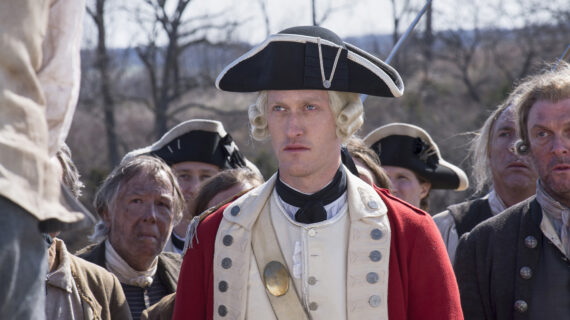
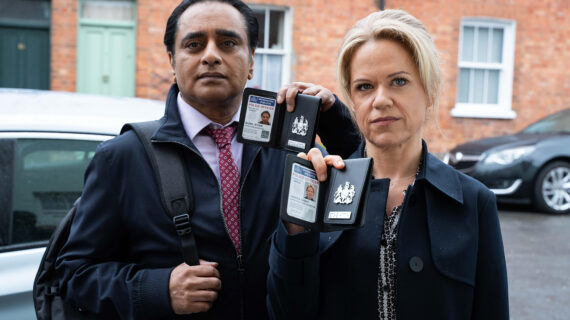
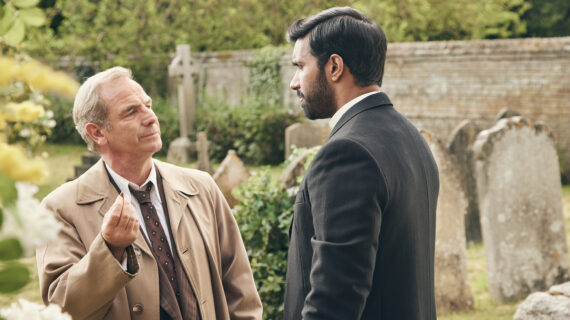


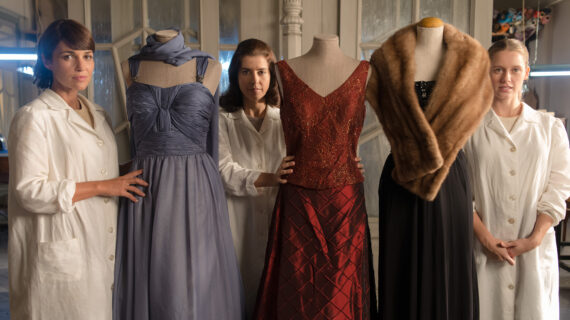



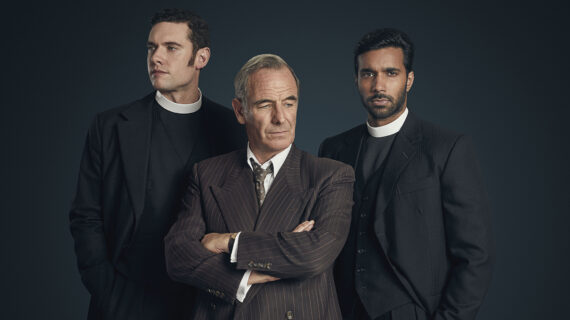
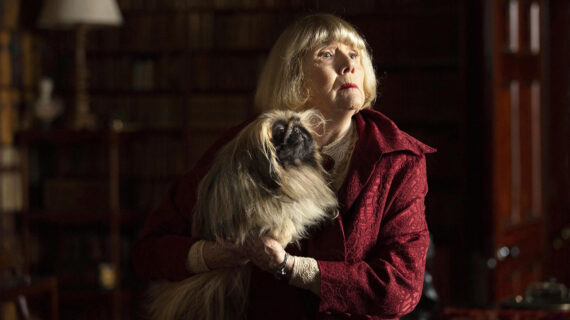

Follow Us